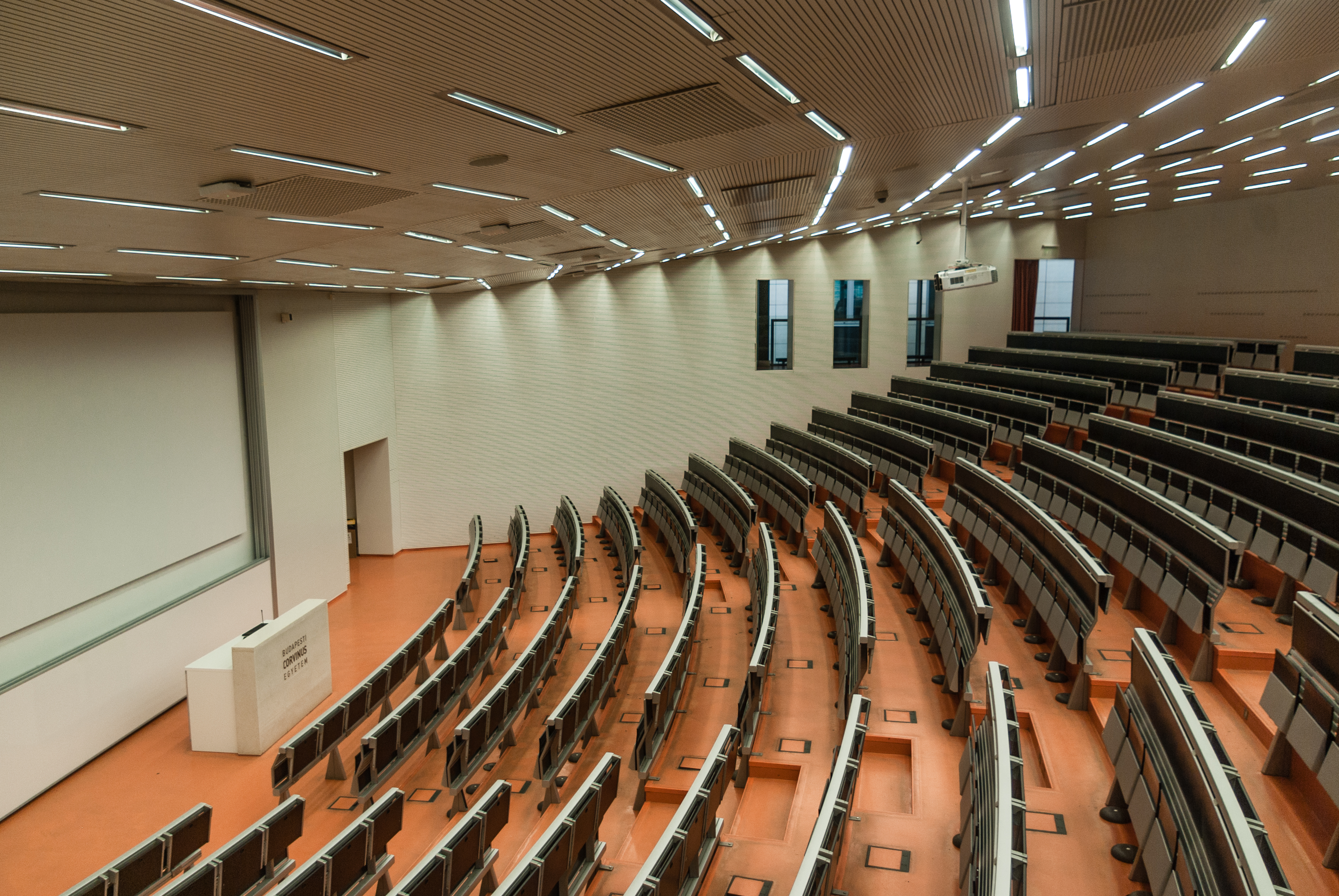REKK Highlights – Spring 2021
The Regional Energy Centre for Energy Policy Research completed a successful spring season with several high-profile conferences, two REKK researchers receiving the CKK-21 award.The Regional Energy Centre for Energy Policy Research completed a successful spring season with several high-profile conferences, two REKK researchers receiving the CKK-21 award, and hosting a session of the National Conference of Scientific Students’ Associations.

1) The first Hungarian Panel of Climate Change conference in April 2021
The Hungarian Scientific Panel on Climate Change (HuPCC) is a scientific advisory forum on climate change registered in Hungary. The aim of the Hungarian Scientific Panel on Climate Change is to disseminate and make available the latest information and research results on climate change relating to Hungary in the form of scientific assessment. Website: https://hupcc.hu
HuPCC organised its first conference between 12-14 April, with the following objectives:
- Mapping the scientific workshops, researchers and research on the topic of climate change in Hungary
- Providing a forum for the presentation of research and scientific work related to climate change in the country, for the general professional community
- Helping to launch the First National Climate Change Assessment Report, familiarising prospective potential authors with the draft report and with each other
- Strengthening the scientific community of Hungarian researchers dealing with climate change, including interdisciplinary dialogue and co-operation between distant disciplines.
More than 266 presentations helped to achieve these objectives, and more than 1,000 registered participants followed the event.
Corvinus University of Budapest helped with the organisation of the conference, and many presentations were held by colleagues of the University. REKK held 7 presentations on the following topics:
- Viktor Rácz, András Mezősi: Long term economic modelling of GHG emissions of the energy sectors in Hungary
- Mária Bartek-Lesi, Gabriella Szajkó, Viktor Rácz: Aversion or Reduction? Decomposition analysis of the GHG emissions of the Hungarian economic sectors
- Gabriella Szajkó, Viktor Rácz, Mária Bartek-Lesi: Free quota gifts – GHG emissions of the Hungarian companies covered by ETS in the first three ETS period
- András Mezősi: Impact of the PV deployment on the Hungarian electricity sector
- Balázs Felsmann, Gábor Horváth: Decarbonisation challenges in the energy intensive sectors
- Kis András, Ungvári Gábor: Flood peak polders’ role in providing safety against weather extremes.
- Ungvári Gábor, Kis András: A complex water budget index that accompanies the carbon-dioxide concentration for the description of climate instability
Balázs Felsmann led the conference section on Mitigation opportunities together with Zsolt Hetesi (University of Public Service) and László Szabó led the Emission trajectory, scenarios and integral and system responses section together with Tamás Pálvölgyi (Technical University of Budapest).
2) The effects of high PV penetration on the Hungarian electricity system workshop
Solar PV plays a significant role in Hungary’s energy policy and decarbonisation plans and are planned to reach more than 10 GW by 2040. A modelling exercise by REKK, commissioned by the Ministry for Innovation and Technology, analysed the effects of different solar PV penetration on the Hungarian electricity market with special focus on the need for flexible balancing capacities (including gas fired power plants, electricity storage and demand side management), the effects on whole-sale electricity prices and on electricity imports.
At the online workshop we presented the main findings of the modelling and discussed them with stakeholders of the Hungarian electricity sector.
Presenters of the workshops were
András Mezősi, REKK
Evelin Kiss, MAVIR
Márk Alföldy-Boruss, ITM
Pál Gerse, MET Asset Management
The results of the modelling and the presentations of the workshop are available – in Hungarian – here.
3) Corvinus Outstanding Research Excellence Award 2021
András Mezősi senior researcher and László Szabó Head of the Research Centre received the Corvinus Research Excellence Award for their publication activities of the past three years.
The most recent peer reviewed publications can be accessed here:
- Mezősi András, Felsmann Balázs, Kerekes Lajos, Szabó László: Coexistence of nuclear and renewables in the V4 electricity system: Friends or enemies?; ENERGY POLICY 140 Paper: 111449 , 11 p. (2020)
- András Mezősi, László Szabó, Sándor Szabó: Cost-efficiency benchmarking of European renewable electricity support schemes; RENEWABLE & SUSTAINABLE ENERGY REVIEWS 98 pp. 217-226. , 10 p. (2018)
- Zsuzsanna, Pató ; Mária, Bartek-Lesi ; Enikő, Kácsor ; Péter, Kaderják ; András, Mezősi ; László, Szabó: Hungary; In: Dörte, Fouquet (szerk.) ; Deventer, Hollandia : Claeys and Casteels Publishing (2018) 1 300 p. pp. 581-616. , 36 p.
- Szabó, László ; Kelemen, Ágnes ; Mezősi, András ; Pató, Zsuzsanna ; Kácsor, Enikő ; Resch, Gustav ; Liebmann, Lukas: South East Europe electricity roadmap – modelling energy transition in the electricity sectors; CLIMATE POLICY 19 : 4 pp. 495-510. , 1 p. (2019)
- Szabó, Sándor ; Pinedo Pascua, Irene ; Puig, Daniel ; Moner-Girona, Magda ; Negre, Mario ; Huld, Thomas ; Mulugetta, Yacob ; Kougias, Ioannis ; Szabó, László ; Kammen, Daniel: Mapping of affordability levels for photovoltaic-based electricity generation in the solar belt of sub-Saharan Africa, East Asia and South Asia; SCIENTIFIC REPORTS 11 Paper: 3226 , 14 p. (2021)
4) REKK led section of Scientific Students’ Associations Conference on energy and water economics
REKK hosted a session of the National Conference of Scientific Students’ Associations (OTDK) on energy and water economic topics. The entries received discussed a wide range of issues. The awarded topics covered the sustainability of the Hungarian industrial production from an energy efficiency perspective; The adaptation potential of the off-grid electricity production against extreme events and the controversy between the human right to drinking water and the requirement of sustainable operation of the infrastructure.
REKK offered a special award for an econometric analysis about the subsidy systems’ effect on the development of photovoltaic capacities in the EU.